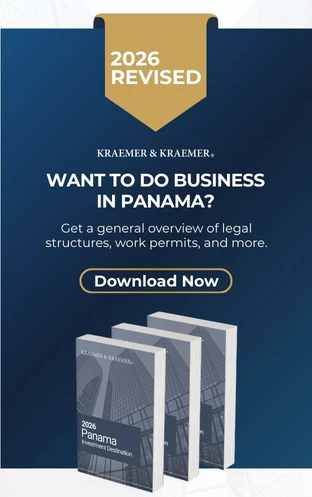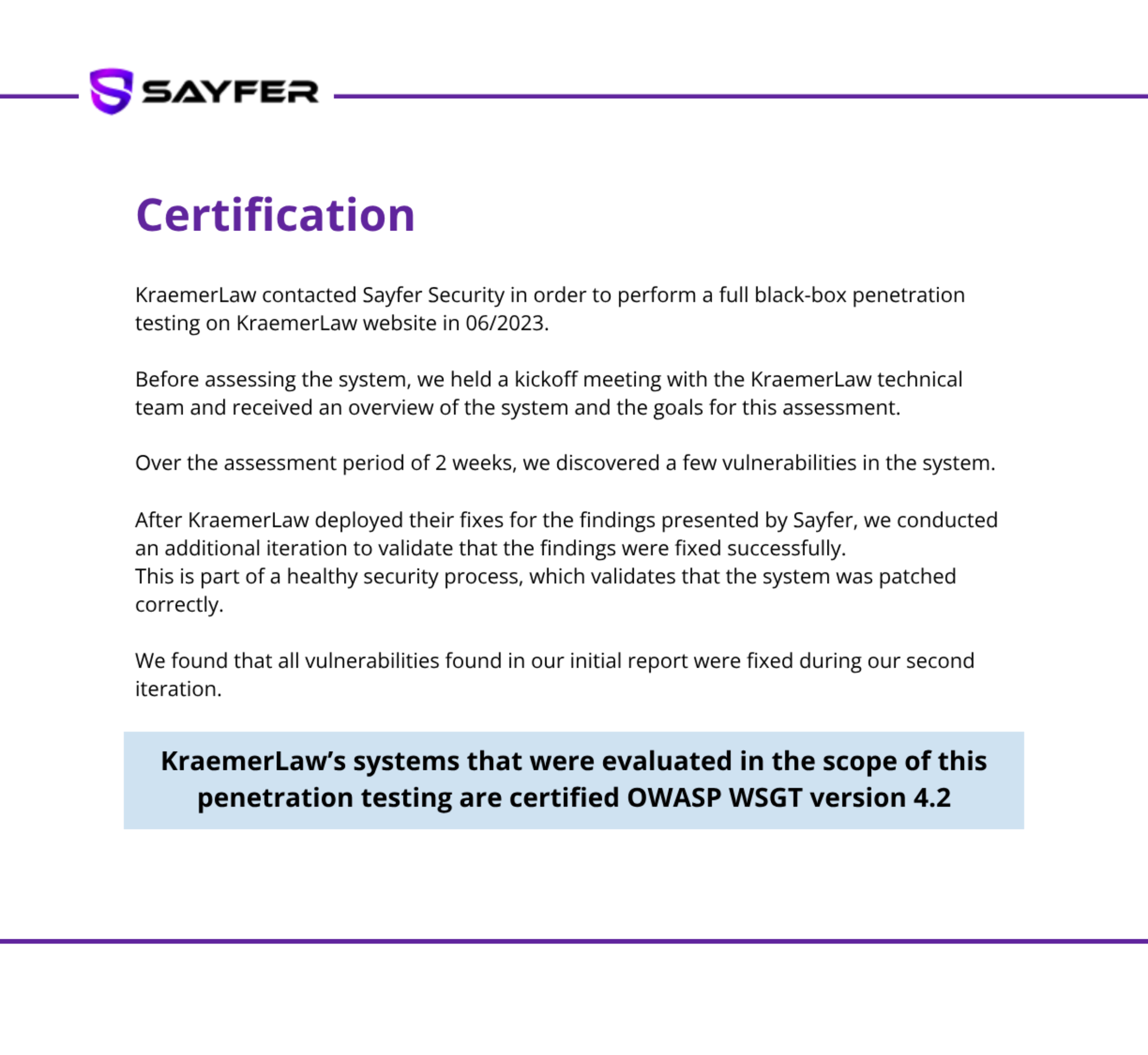In an increasingly globalized world, international trusts have become key tools for asset protection, succession planning and tax optimization. Their correct structuring requires a thorough understanding of the legal and fiscal frameworks of both the country of incorporation and the countries in which the beneficiaries reside or the assets are located. This article sets out the essential aspects in the international trust formation, with special attention to the legal and tax challenges involved.


What is an International Trust?
An international trust is a legal arrangement whereby a natural or legal person (the settlor) transfers assets to another (the trustee), who administers them for the benefit of a third party (the beneficiary), and where at least one of these elements has an international component. This may mean that:
- The trustee resides in a different country from the settlor.
- The assets are located in different jurisdictions.
- The beneficiaries are foreigners or reside in different countries.
Principles of the International Trust Structure
The international trust structure should consider the following key elements:
- The Settlor
It is the one who creates the trust and transfers the assets. It may retain certain rights (revocability, substitution of the trustee, etc.), depending on the applicable legislation. - The Trustee
The Trustee is the central figure of the international trust. It must be carefully selected, since its tax residence and legal regime will determine many fiscal aspects. - The Beneficiaries
They can be individuals or legal entities. They must be clearly identified or defined in the trust instrument to avoid conflicts and legal or fiscal problems. - The Assets
They may include real estate, bank accounts, securities, corporate shares, among others. The location of these assets influences the tax jurisdiction that may claim rights over the international trust.
Trust Legal Aspects
Trust Jurisdiction
The choice of country is one of the trust legal aspects and one of the most critical decisions. Some popular trust jurisdictions include Cayman Islands, British Virgin Islands, Switzerland, Panama and New Zealand, due to their flexible legislation, confidentiality and tax benefits. Consideration should be given to:
- Legal recognition of the international trust.
- Reporting and transparency requirements.
- Estate and succession protection legislation.
- Political and legal stability.
Validity and International Recognition
Not all countries recognize trusts, especially those with a civil law tradition (such as many Latin American and continental European countries). In these cases, it is possible to resort to equivalent figures (local trusts, foundations, etc.) or to use international treaties such as the Hague Convention on the Law Applicable to Trusts and their Recognition.
Anti-Money Laundering (AML) Regulations and Transparency
This is one of the legal aspects of the trust with which special caution should be taken, as many countries have tightened AML and beneficial ownership (UBO) regulations. The international trust formation must follow:
- Registration of beneficiaries.
- Reporting to tax authorities.
- Due diligence by trustees and banks.
Trust Tax Aspects

Implications on the Trustee’s Jurisdiction
The jurisdiction where the trustee resides may consider the trust as a tax resident, subject to:
- Income tax.
- Inheritance or gift tax.
- Capital gains tax.
It is essential that the chosen jurisdiction has treaties to avoid double taxation (DTA) or special regimes for these structures, as these directly influence international trust tax aspects.
Settlor’s Tax Obligations
Depending on local law, the settlor may be deemed a beneficial owner if the international trust is revocable or if they retain control over the trust property (e.g., under U.S. grantor trust rules).
Beneficiary Taxation
Beneficiaries may be subject to taxation when receiving distributions, even if the trust is located in a low tax jurisdiction. The authorities and tax aspects of your country of residence may apply:
- Personal income tax.
- Declaration of foreign assets.
- Taxation on deemed or attributed income.
CFC Rules and International Transparency
Countries with “Controlled Foreign Corporation” (CFC) rules can impute international trust income to the controlling beneficiaries, even without distribution. In addition, instruments such as CRS (Common Reporting Standard) and FATCA (for U.S. citizens) require reporting of assets and income in foreign trusts.
Best Practices in Trust Formation
- Multidisciplinary advice: involve lawyers, accountants and international tax advisors.
- Clear and complete documentation: specify trustee powers, distribution conditions, causes for termination, and conflict resolution mechanisms.
- Periodic evaluation of the trust in the event of regulatory changes, beneficiary migration or asset movements.
- Compliance with anti-money laundering legislation, CRS and local reporting standards.
Receive Expert Trust Legal Advice
The international trust formation is a highly technical operation that requires a rigorous assessment of the legal and fiscal implications in different jurisdictions. Although this figure offers important advantages in terms of asset protection, succession planning and tax efficiency, an inadequate design may entail legal risks and severe tax penalties. Therefore, it is fundamental to have specialized advice and strategic planning in accordance with the client’s profile and wealth objectives. Count on Kraemer & Kraemer’s expert advice, contact us.






